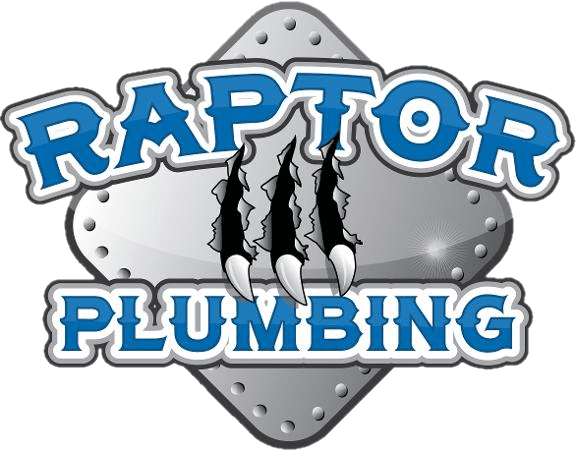Early Detection of Potential Problems

Routine inspections allow plumbers to identify minor issues like leaks, corrosion, or pipe blockages before they escalate into major repairs.
Prevention of Water Damage
Unchecked leaks and burst pipes can cause severe structural damage and mold growth. Maintenance helps prevent these emergencies by keeping pipes and fixtures in good condition.
Improved Water Efficiency
Well-maintained systems operate more efficiently. Fixing leaky faucets and toilets reduces water waste, lowering utility bills and conserving resources.
Extended Lifespan of Plumbing Fixtures

Regular servicing helps prevent wear and tear, prolonging the life of your pipes, water heaters, and appliances like dishwashers and washing machines.
Cost Savings Over Time
Preventive care is often far less expensive than emergency repairs. By investing in maintenance, homeowners can avoid surprise expenses and plan better for future upgrades.
Better Water Quality
A clean and properly functioning plumbing system prevents rust, sediment, and contaminants from affecting your home’s water supply.
Peace of Mind
Knowing that your plumbing is in good condition reduces stress and adds to the overall comfort and safety of your home.
Conclusion
Regular plumbing maintenance is a smart, proactive approach to home care. It not only saves money but also ensures your plumbing system remains efficient, reliable, and safe. Schedule annual inspections and stay vigilant about small issues to keep your plumbing in peak condition year-round.

